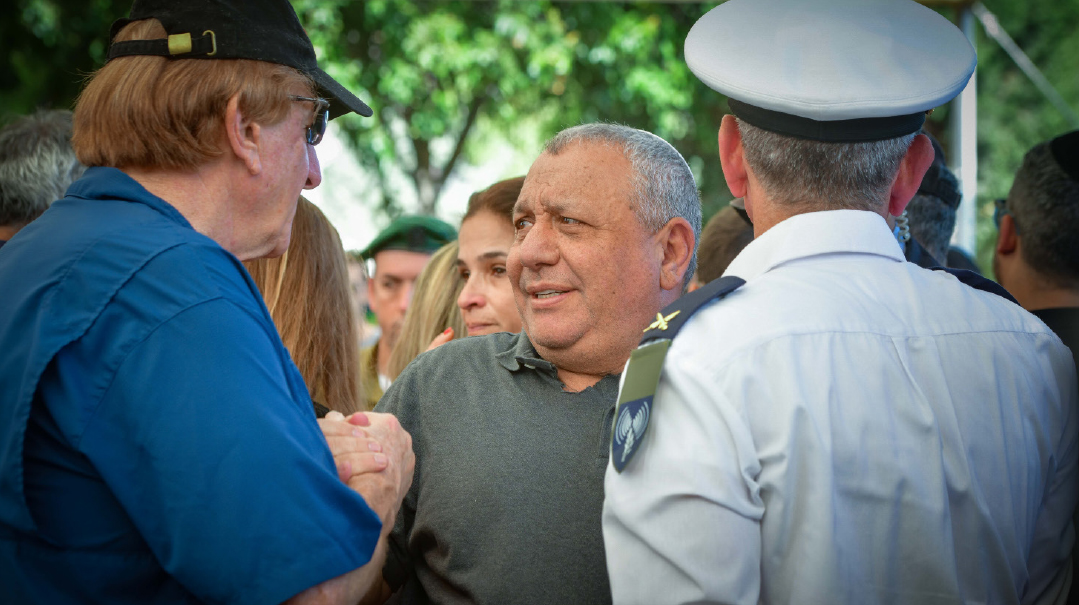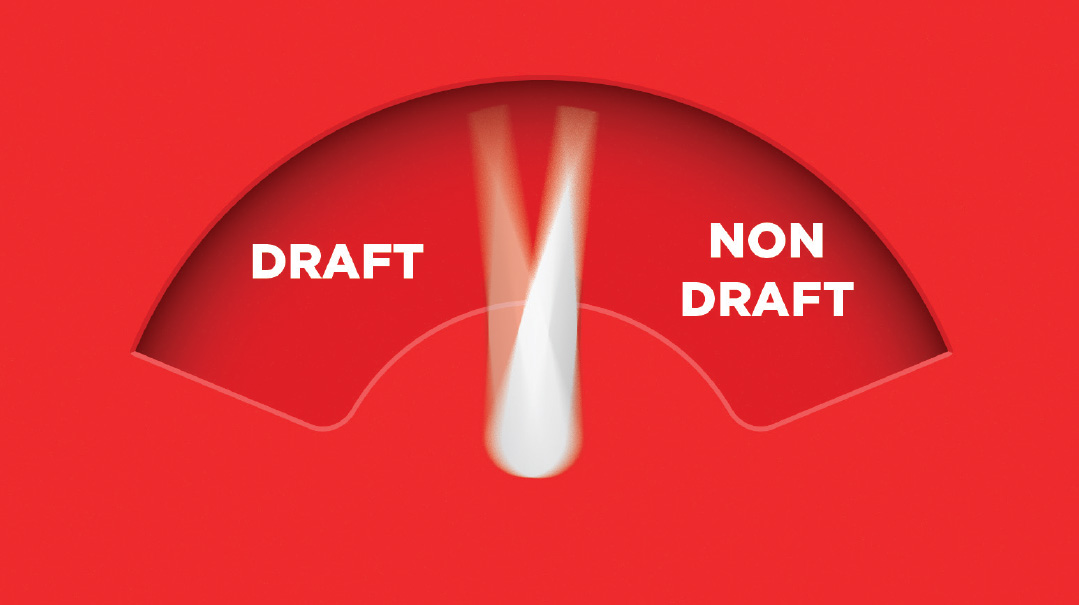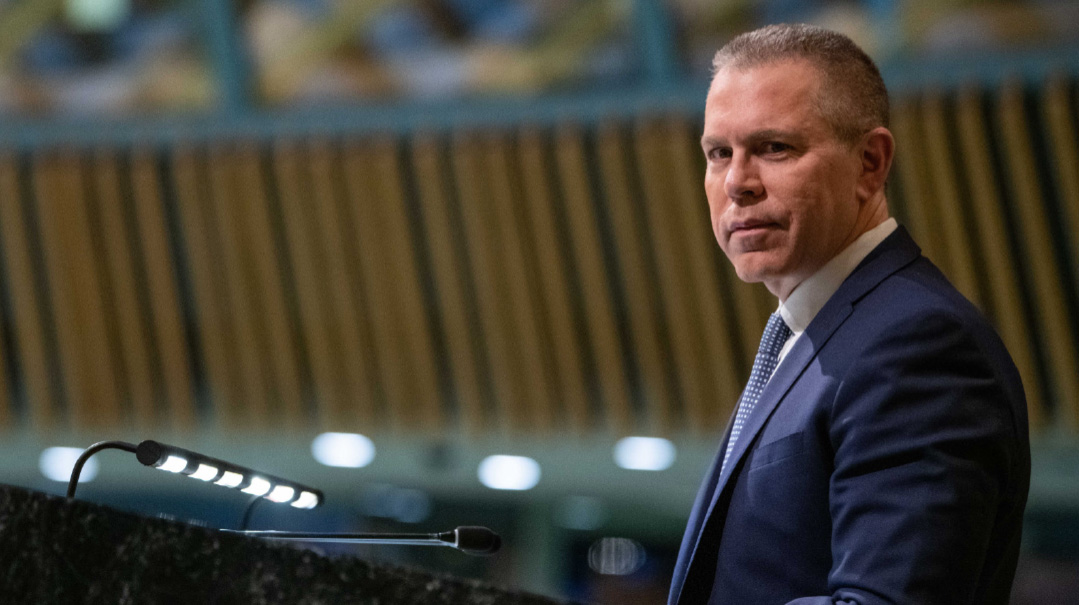Paying the Price

As Gaza fighting grinds on, politicians eye the day after

Photo: Flash90
1
It’s hard to find a bright spot in the darkness that has befallen the Eisenkot family. War cabinet member Gadi Eisenkot was in the command room of the Gaza Division when he received the news of his son Gal Meir’s death.
Eisenkot knew very well that his son Gal was on the front line, carrying out special operations in the heart of the Gaza Strip. With a father’s intuition, the former IDF chief of staff opted not to watch the soldiers’ body cam footage being streamed live in the command room.
At one point, Maj. Gen. Nadav Padan approached and reported in a broken voice that Eisenkot’s son had died after being critically wounded when an IED exploded at the entrance to a Jabaliya tunnel shaft.
Eisenkot went to his home in Herzliya to report the worst news of all to his wife and family. But the worse wasn’t over yet for the Eisenkot family. During Shabbos, even as the family sat shivah for their son Gal, Gadi Eisenkot’s nephew, Maor Cohen Eisenkot, fell in battle. The two cousins are named after their grandfather Meir, who immigrated from Morocco. This is what Israel looks like on Chanukah 5784. Bereavement follows bereavement. Not one candle, but two, snuffed out together — in the same family.
2
There are few countries— especially in the West— where decision makers’ policies are implemented on the ground by their own sons, often at risk to their lives. Israel’s leaders send their own sons to battle and share in the price.
The Eisenkot family perfectly sums up the story of Israel in the war of Iron Swords. Gadi and his son, who on October 6 had been protesting the judicial reform, put on uniforms and enlisted unconditionally. The father as a member of the government, the son as a soldier in the Gaza Division.
Gadi Eisenkot’s newfound emphasis on unity is a reversion to form. When he entered politics, he chose to join Benny Gantz’s party, which was languishing in the polls, rather than then-prime minister Yair Lapid’s party, which was leading the centrist camp. Eisenkot explained at the time that Benny Gantz’s unifying image spoke to him more, and that electoral considerations were secondary.
With the death toll climbing by the day, the question looms again: How long will the IDF remain mired in the Gaza Strip? At the beginning of the operation, an American official who visited the war cabinet forecast up to 20 fatalities a day from fierce urban guerilla warfare.
That official relied on the bitter experience of the US Marines fighting ISIS in Mosul. The comparison was misplaced, since conditions in the Gaza Strip are much more complicated, given the infrastructure that Hamas has built above and below ground over the years it has held total power.
If at the campaign’s beginning it seemed the IDF was able to minimize losses, now, the deeper it penetrates into the Strip, the steeper the death toll. Last week the IDF had exceeded the unimaginable number of 100 fatalities since the ground campaign began. And the fighting on the ground is still far from over. The occupation of the Gaza Strip is proceeding according to plan, and the images of hundreds of terrorists surrendering in scenes reminiscent of the Six Day War are certainly impressive. But the goal of eliminating Hamas has not yet been achieved, after more than two months of fighting.
3
How long will Israel’s international backing last? This question is becoming ever more acute after the US vetoed a UN Security Council resolution calling for an immediate cease-fire. Of the 15 permanent members, the US was the only country to vote against the motion, while the UK abstained.
The reason for the UK’s abstention was the absence of any mention of the October 7 massacre, a decision that speaks for itself: Israel is only popular in moments of weakness.
“The Americans are our international and military crutch, and President Biden is revealing himself as a true friend of Israel,” says the observer in the war cabinet, Shas chairman Aryeh Deri.
When I asked how long the American backing would continue given the rising opposition, Deri’s answer was clear: “There is no American deadline for ending the operation.”
Deri recommends not setting a stopwatch, and speaks of a prolonged conflict. This week, IDF sources set a time frame of about a month and a half until the completion of the large-scale ground maneuver, after which the IDF will be required to operate at a lower intensity, similar to what’s happening today in Judea and Samaria — where the IDF controls the situation and surgical operations continue unremittingly.
Contrary to the prevailing impression that the United States is forcing Israel to transfer fuel, food, tents, and humanitarian aid to the Gaza Strip, Deri speaks of accepting the American demand as an Israeli interest, first and foremost. “Without fuel and electricity, there will be no water in the southern Gaza Strip, and the sewage pumps won’t work. All we need now is for an epidemic to break out and put a stop to the war. Epidemics, as we all learned during COVID-19, have no borders, and even IDF soldiers in the field could potentially find themselves in danger, G-d forbid.”
The media portrayal of America’s requests as demands Israel has no choice but to accept serves both sides. It serves Biden in the domestic political arena against the criticism leveled at him from progressive Democrats. The illusion of American pressure forcing Israel to capitulate allows Biden to come across as not granting Israel a blank check.
But the charade also serves the war cabinet, which relies on the most right-wing government since the establishment of the state. Without the US demands, Netanyahu would have had a hard time handling right-wing ministers, who grumble about every gallon of gasoline that goes into the Gaza Strip. It wouldn’t be a stretch to say that Biden is indirectly assisting Netanyahu.
Two months since the war began, the political actors in Israel are gearing up for the next election, even as fighting continues. Gantz votes against funding for chareidi education in a nod to the center left, while Netanyahu holds the right-wing coalition together and counters that a chareidi child is not half a child.
Meanwhile, Avigdor Lieberman and Gideon Saar, the wayward sons who abandoned the right-wing camp, sit on the fence and, like Israel’s other politicians, examine their options for the day after — just not in Gaza, but in Jerusalem.
(Originally featured in Mishpacha, Issue 990)
Oops! We could not locate your form.







